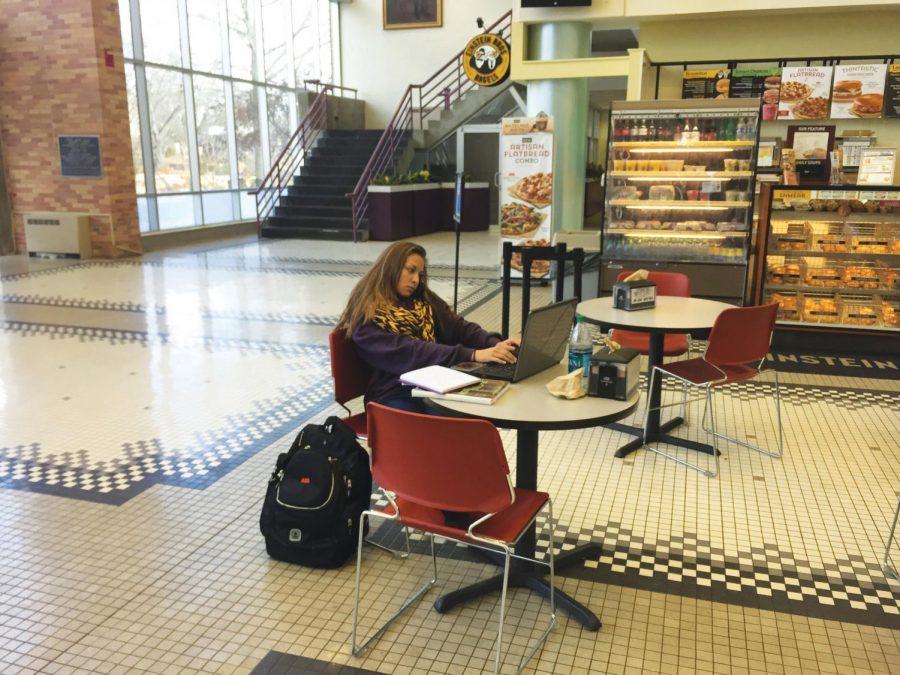UNA students discuss email overload
February 5, 2015
Most email lists allow recipients to opt out of receiving messages. But, for UNA students, opting out is not an option.
“Students will ask if they can be removed from the email list,” said system services manager Sara Huntley. “We cannot because that list is generated mathematically based on your role as a student. We can’t pick which ones to remove you from because you may miss an important email.”
Email is a fundamental means of communication on a college campus, Huntley said.
Since the beginning of the semester, more than 105 emails have been sent from the UNA Info domain, Huntley said.
“I just wish they wouldn’t send me 16 emails everyday,” said junior Melanie Mather.
Huntley said Information Technology Services occasionally receives complaints about the number of emails sent to student, faculty and staff portal accounts.
Junior Marianne Gaston said the repeat emails are the most annoying.
“Most of the emails are about things that not everyone cares about,” Gaston said. “I don’t really care to hear about all the Greek events. Plus, I feel like some of the on-campus events are advertised too much, like the movie nights.”
Emails often have to be resent because of mistakes in the initial message, and these mistakes further increase the volume of emails sent, Huntley said.
“We don’t like that we have to resend some of the emails,” Huntley said. “It’s frustrating not only for students, but for us as well.”
Junior Blake Wilson said he only reads the full email if the subject line is relevant to him.
Junior Katy Zurmuehlen said she often does not read the UNA Info emails.
“I usually just delete them,” she said.
Huntley said there is no way of knowing how many emails are actually opened.
“We have no way of filtering it to say, ‘well, your email is not important. We’re not going to send that,’” Huntley said.
Information Technology Services cannot discriminate between which emails should be sent and which should not, outside the basic guidelines, she said.
The announcement request must be related to a UNA campus event and must come from a UNA student account.
“Before we will actually send that email, we scan it to make sure that it’s legit, that it pertains to UNA,” Huntley said. “It has to be about a UNA event and it has to come from a student who is an officer with a recognized student organization on campus.”
Huntley said she hopes all students are reading the emails.
“UNA is your official communication from the university,” she said. “Email is the best, most efficient way university faculty and staff can get in contact with students.”











